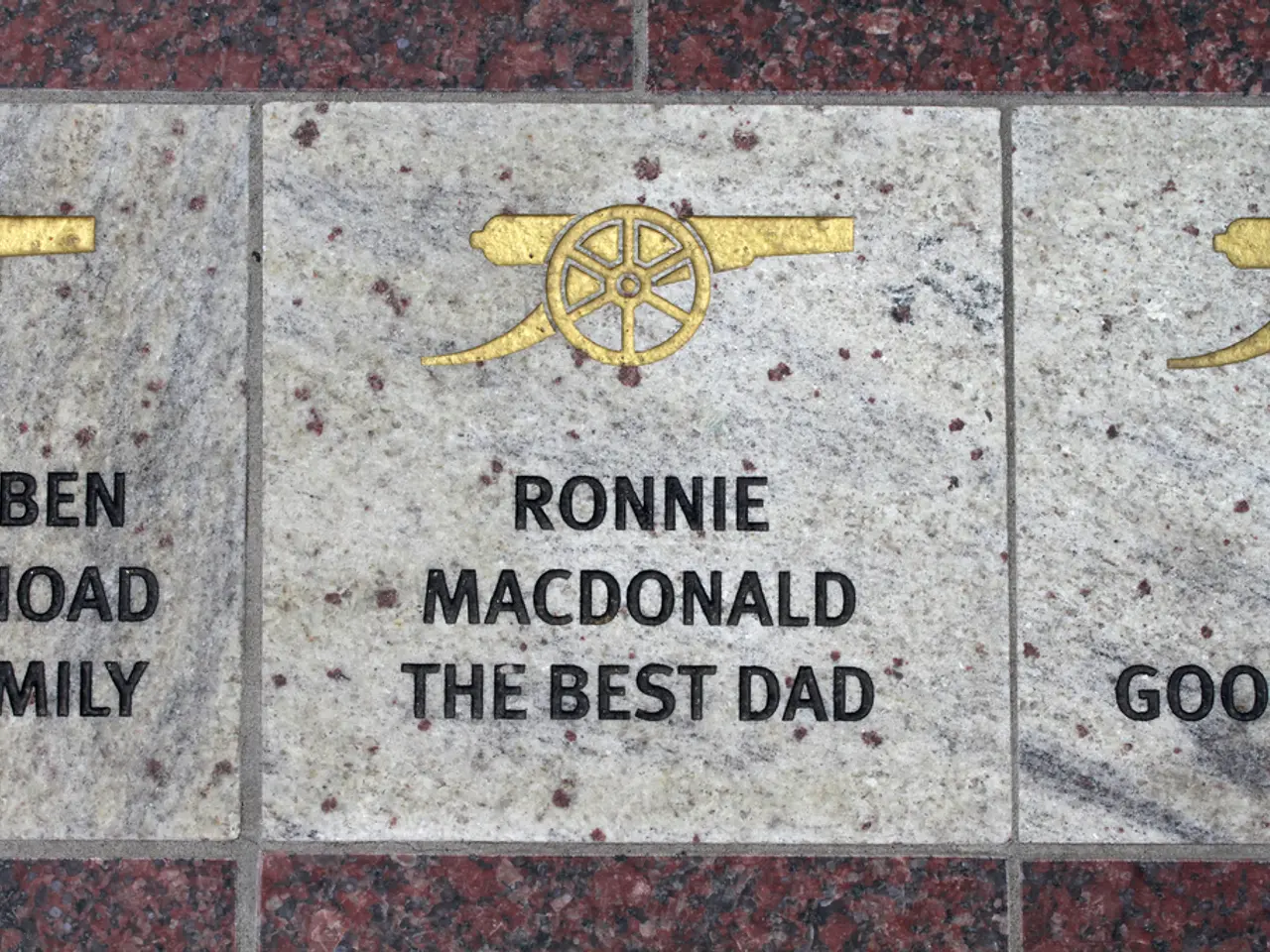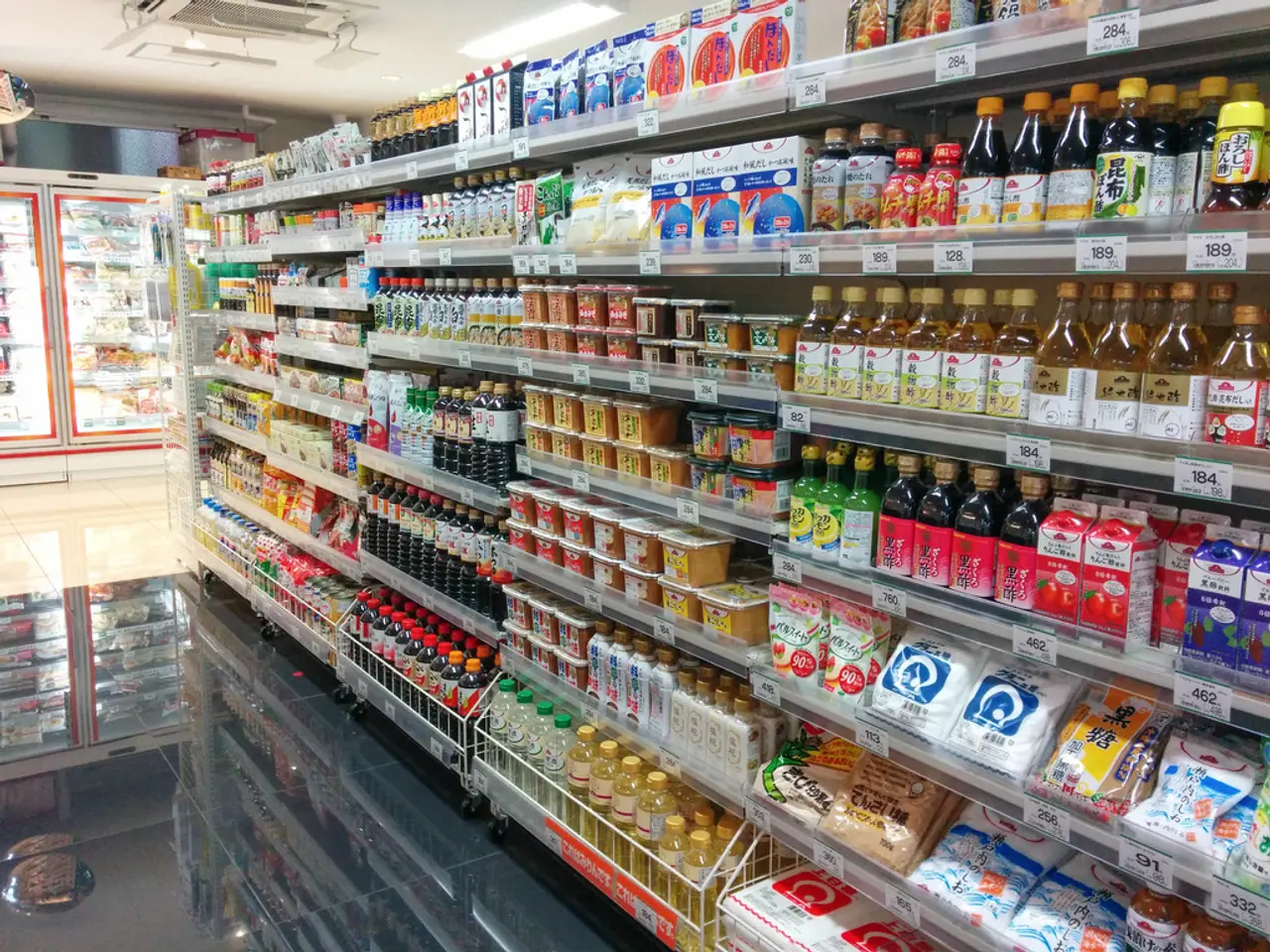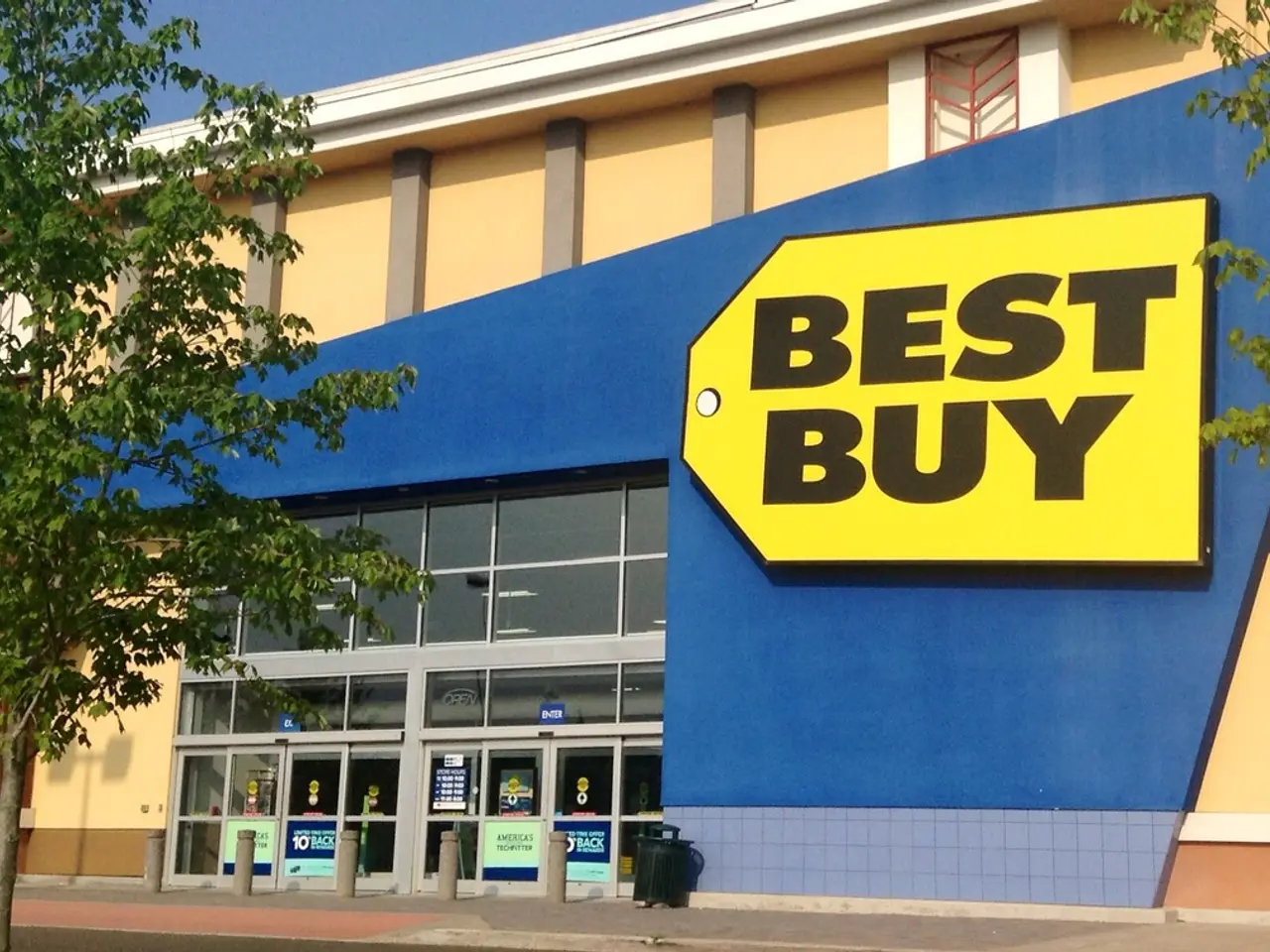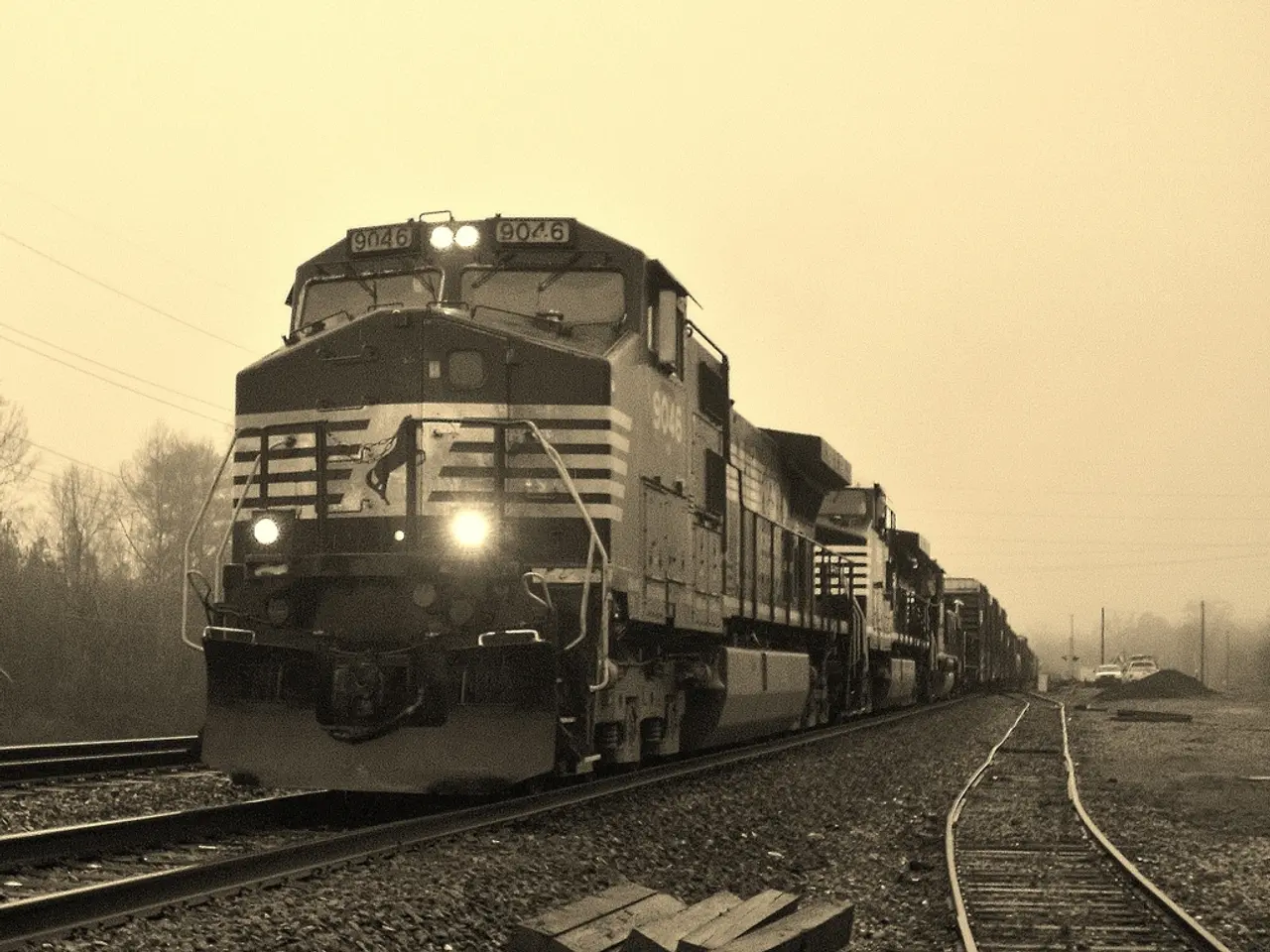Communities face potential organ failure due to lack of debt resolution.
**Struggling Municipalities in North Rhine-Westphalia Seek Relief Amidst Financial Challenges**
North Rhine-Westphalia (NRW) has been grappling with the financial difficulties faced by its municipalities, with various initiatives aimed at alleviating the debt burden. The most recent development is the **North Rhine-Westphalia Act on the Relief of Existing Debts**, which allows highly indebted local authorities to transfer up to 50% of their excessive liquidity loans to the state [1].
However, the general framework of this debt relief program may not have been enough to address the specific issues faced by cities like Oberhausen. The city has recently fallen to the last place in the economic level ranking among all 396 municipalities in NRW [5].
### City-Specific Challenges
The proposed solution for cities in financial distress, which was criticized and subsequently withdrawn, is just one example of the challenges faced by Oberhausen. The adoption of the Oberhausen budget had to be postponed due to a lack of key data [2]. The city's financial woes are further exacerbated by the rising costs of essential services. The costs for the 80-liter residual waste bin are increasing by seven percent, the incineration price of the GMVA is rising sharply, and sewage fees have reached a new record high [3].
### Debt Relief and the Pandemic
The COVID-19 pandemic has added to the financial pressures faced by municipalities across Germany, including those in NRW. The economic downturn and increased public spending during the pandemic have deepened municipal debt. The state government's proposed solutions, such as the debt relief program, are part of broader efforts to mitigate these effects [3].
### State Government's Proposed Solutions
In addition to the debt relief program, the state government has implemented reforms in property taxation to offer municipalities greater flexibility in managing their finances. The reformed property tax allows municipalities to apply different tax rates to residential and commercial properties, which can help in fiscal equalization [2].
### The Future of Municipal Finances
The success of these measures depends on their implementation and the ongoing negotiations between state and federal governments for further financial support. The economic conditions and tax revenues remain uncertain, with NRW anticipating lower-than-expected tax receipts due to economic challenges [4]. Therefore, while the state's initiatives offer potential relief, the full impact and sustainability of these solutions remain to be seen as they unfold over time.
### A Shift in Political Stance
In a surprising turn of events, the CDU, which once rejected tram 105, is now advocating for its construction [6]. Line 105, which could have been operational long ago if not for the actions of Daniel Schranz and the Oberhausen CDU in 2015, is now seen as a potential solution to the city's transportation problems.
### Public Demonstrations and City Politics
The financial struggles of Oberhausen have not gone unnoticed by its citizens. Over 20,000 people from the social sector recently demonstrated in front of the state parliament, but their concerns were not addressed [2]. The city's political landscape is also in flux, with Sonja Bongers, the chairperson of the SPD city council fraction and a member of the state parliament for Alt-Oberhausen and Osterfeld, advocating for the 2024 budget [7].
### A Divided City
Despite these challenges, the spirit of Oberhausen remains resilient. However, a recent survey revealed that only half of the citizens of Oberhausen still feel like genuine Oberhauseners, and only half rate the quality of life in the city as good or very good [8]. As the city navigates these financial challenges, it will be interesting to see how the community comes together to address these issues and shape the future of Oberhausen.
References: [1] https://www.nrw-online.de/politik/debt-relief-program-for-municipalities-in-north-rhine-westphalia-100.html [2] https://www.wdr.de/nachrichten/nrw/oberhausen-haushalt-probleme-100.html [3] https://www.spiegel.de/politik/deutschland/debt-relief-program-for-municipalities-in-north-rhine-westphalia-a-125982134.html [4] https://www.nrw-online.de/politik/nrw-anticipates-lower-than-expected-tax-receipts-100.html [5] https://www.wdr.de/nachrichten/nrw/oberhausen-economic-level-ranking-100.html [6] https://www.wdr.de/nachrichten/nrw/oberhausen-tram-105-cdus-shift-in-interest-100.html [7] https://www.wdr.de/nachrichten/nrw/oberhausen-budget-2024-spd-favorable-vote-100.html [8] https://www.wdr.de/nachrichten/nrw/oberhausen-survey-half-of-citizens-feel-like-genuine-oberhauseners-100.html
- The financial challenges in North Rhine-Westphalia's municipalities, including Oberhausen, have led to discussions and initiatives within the industry, politics, and general news sectors to alleviate the debts and provide assistance.
- Debates in the finance industry and political circles center on the impact and sustainability of the state-proposed solutions, like the debt relief program, on the business operations of municipalities struggling to meet their financial obligations.
- The events in Oberhausen, such as public demonstrations and controversial decisions regarding city projects, demonstrate the far-reaching influence of financial troubles on various aspects of a locality, going beyond just business and finance.




